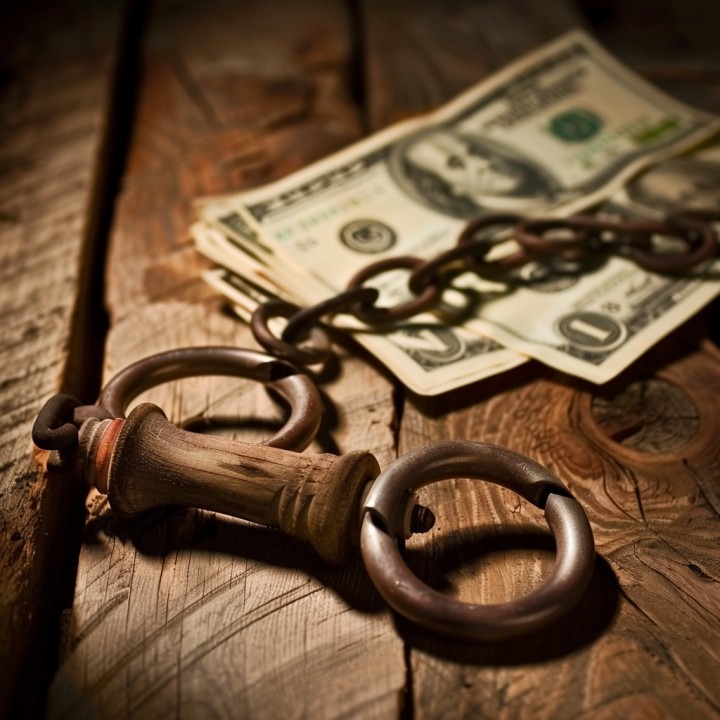When navigating the complexities of the legal system, a common question arises: “Do you get bond money back if charges are dropped?” This inquiry touches on the intersection of criminal justice procedures and financial concerns. Understanding the nuances of this situation requires unraveling several layers of legal practices and policies.
Understanding Bail and Bonds
What is Bail?
Bail is essentially a financial agreement that a court will accept in exchange for allowing a defendant temporary freedom until their court date. The bail amount is set during a hearing, and its purpose is to ensure that the defendant returns for their trial and subsequent court appearances.
Bail vs. Bond
While the terms are often used interchangeably, there’s a slight difference. Bail is the total amount required by the court for the release of a defendant. A bond, on the other hand, is posted on the defendant’s behalf, usually by a bail bond agency, for a fee. The bond is a guarantee that the total bail amount will be paid should the defendant fail to appear in court.
Refund of Bail Money
When is Bail Money Returned?
The return of bail money hinges on several factors, but the principle remains straightforward: bail money is typically returned if the defendant adheres to the terms of their release, including appearing for all court dates, regardless of the case’s outcome.
Impact of Charges Being Dropped
When charges are dropped, it signifies that the prosecution is no longer pursuing the case against the defendant. In such scenarios, the logical question about the fate of the bail money arises. Here’s what happens:
- Bail Paid Directly to Court: If you paid the full bail amount directly to the court, this sum is eligible for a refund once the charges are dropped, minus any court fees or fines that may apply.
- Bail Paid Through a Bond Agency: If you employed the services of a bail bond agency, you would have paid a percentage of the total bail amount as a non-refundable fee. In this case, you do not receive the fee back, even if the charges are dropped. The fee is the cost of the bond agency’s service, ensuring your release from custody.
Conclusion: The Essence of Bail Refunds
The core takeaway is that the refundability of bail money, upon charges being dropped, largely depends on the method of bail payment. Direct payments to the court are generally refundable, highlighting the system’s integrity in not unjustly retaining funds once the legal basis for holding them dissolves. However, fees paid to bail bond agencies for their financial and administrative services are not refunded, serving as compensation for the risk they undertook and the service provided.
Understanding these distinctions is crucial for anyone navigating the bail process, ensuring that individuals are informed about the financial implications of their choices in securing release from custody.
Why choose Delta Bail Bonds?
Facing legal hurdles can be daunting, but with Delta Bail Bonds, you’re not alone. For years, we’ve stood as the beacon of hope and reliability for countless individuals seeking a swift return to their lives. Our deep-rooted experience in Dallas and McKinney, Texas, has not only polished our expertise but has solidified our reputation as the go-to bond agency where trust and efficiency.
[ninja_form id=6]






